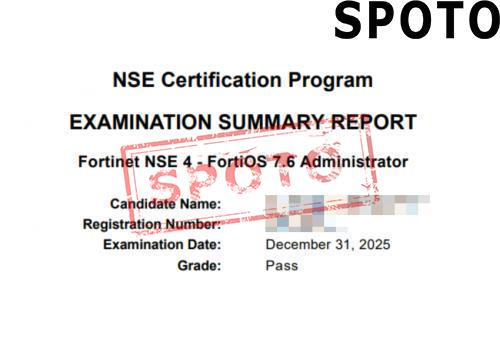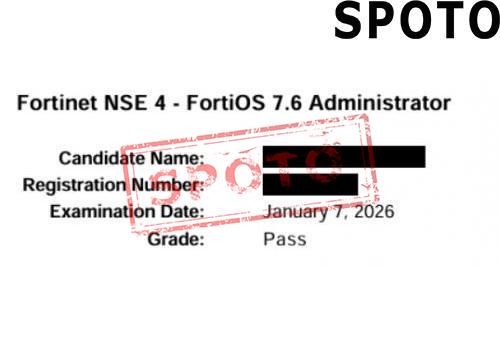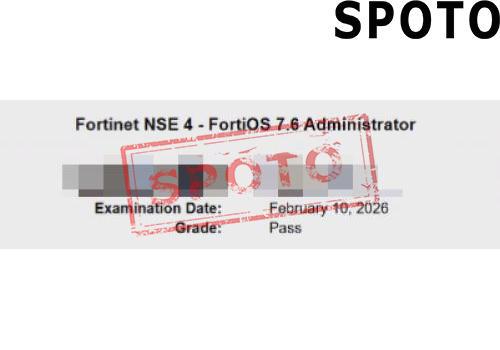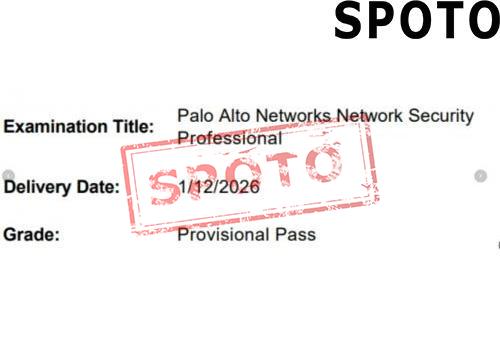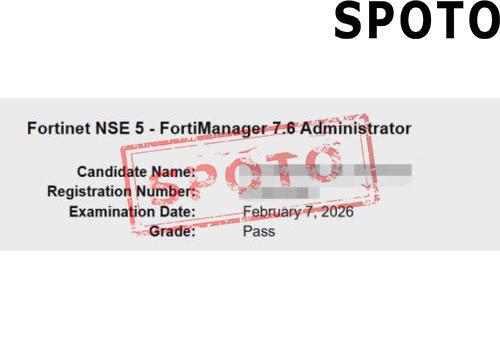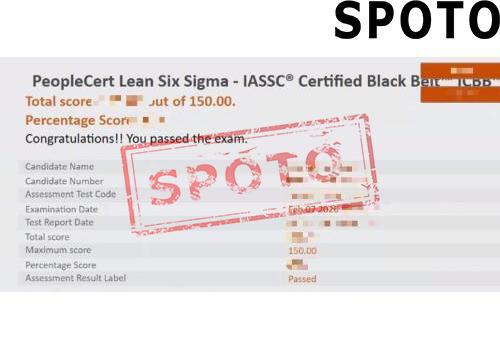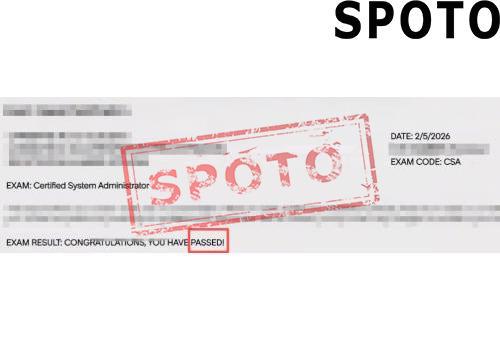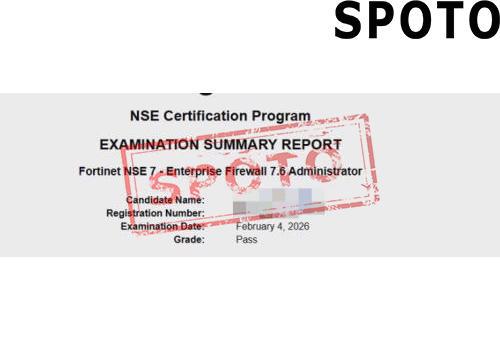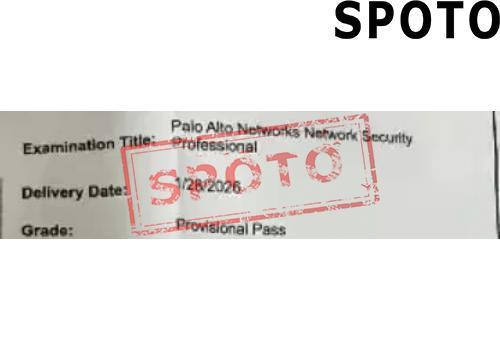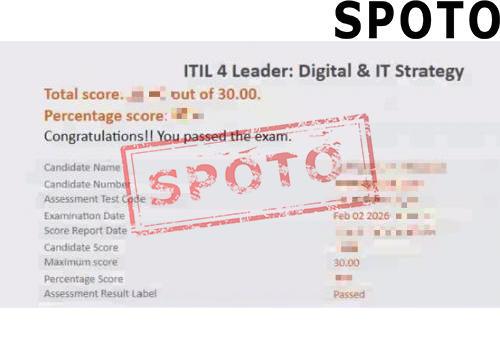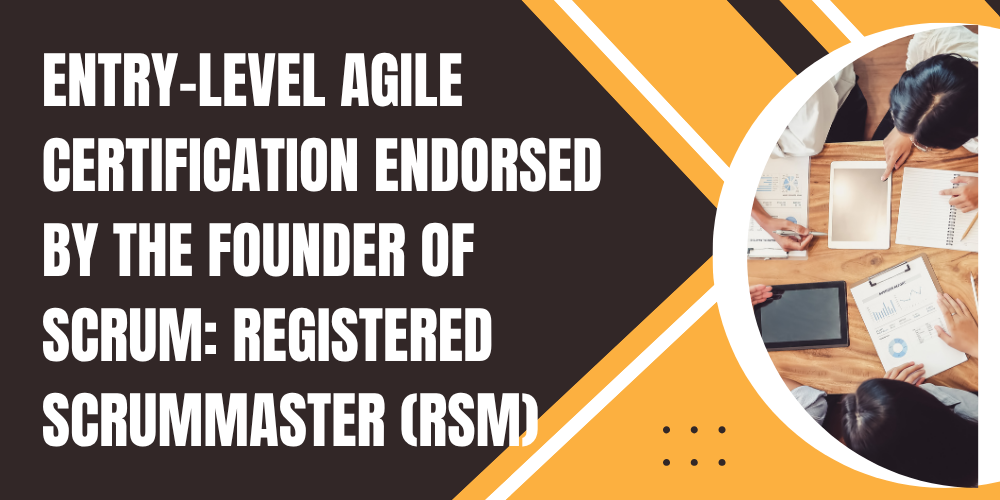
Table of Contents
Registered ScrumMaster is an entry-level agile certification endorsed by the founder that focuses on the precise implementation of Scrum practices and team empowerment.
1. Introduction to the Registered ScrumMaster certification
Registered ScrumMaster (RSM) is an entry-level agile certification launched by Scrum Inc., focusing on the practical implementation of the Scrum framework and team guidance capabilities. It aims to cultivate professional talents who can proficiently apply Scrum core practices, remove team barriers, and promote efficient value delivery. It is one of the authoritative entry-level qualifications for entering the Scrum field.
In the enterprise environment of accelerated agile transformation, teams need mentors who understand both the Scrum process and can flexibly implement it. The core of RSM certification is to cultivate "precise executors and team enablers of Scrum practices," emphasizing the original ideas of Scrum founders, helping teams break free from traditional management constraints, and achieving rapid iteration and value delivery through standardized execution of Scrum events and optimized collaboration processes.
These types of talents usually play the role of "team efficiency catalysts" and need to focus on solving practical problems.
2. The Competitive Edge of a RSM Certification
RSM is awarded by Scrum Inc., founded by Scrum founder Jeff Sutherland. The certification content adheres to the original Scrum philosophy and is highly recognized in enterprises that emphasize "orthodox Scrum practices."
Training and exams focus on "practical skills" rather than pure theory, and can be directly applied to team management after learning, optimizing Scrum event processes, solving practical obstacles, and suitable for practitioners who focus on practical results.
As an entry-level certification in the Scrum field, RSM is an important qualification for job seekers seeking entry-level ScrumMaster positions. With RSM certification, you can join the Scrum Inc. global community, access Jeff Sutherland's latest practical cases, participate in official online seminars, and directly learn from the founder's cutting-edge experience.
3. Core Components of the Registered ScrumMaster Certification
RSM certification deeply inherits the practical essence of Scrum founder Jeff Sutherland and constructs a complete certification system from theory to practice.
The RSM certification focuses on the in-depth analysis of Scrum core theoretical modules and the original framework design concepts, emphasizing the practical application of empiricism in iterative feedback and helping learners understand the inherent logical relationship between values and framework components.
The Role Based Collaborative Unit trains the collaborative mechanisms of the three main roles through real-life scenarios, with a focus on developing the Scrum Master's ability to clear obstacles, the Product Owner's ability to make value decisions, and the development team's self-organizing ability. The efficient execution phase of events provides specific and feasible optimization solutions for the five major events that are easy to formalize in daily practice, including user story decomposition methods, station meeting time control techniques, and retrospective guidance techniques based on Scrum Inc.'s official tools.
The obstacle recognition and removal module system sorts out common organizational and technical obstacles in practice, and provides data-driven improvement methods to continuously optimize team effectiveness through key indicators such as delivery rate and obstacle resolution time. The practical tool application section combines mainstream tools such as Jira to demonstrate how to effectively monitor project progress through visualization methods such as burndown charts, ensuring that Scrum practices are measurable and optimizable.
RSM certification places special emphasis on transforming the founder's original ideas into practical skills that can be implemented, using real-life cases to help students grasp the essence of the framework rather than the surface process. It includes both the core interpretation of Scrum theory and the full process optimization plan from planning to review, helping you maintain the accuracy and effectiveness of Scrum implementation in complex work environments.
For practitioners who wish to learn orthodox Scrum and quickly get started with agile management, RSM certification is an authoritative and practical choice that can gain industry recognition and master directly applicable team management skills.
4. What are the requirements to be a registered ScrumMaster?
(1) Qualification prerequisites:
There are no strict educational or work experience requirements for RSM certification, which is suitable for beginners with zero foundation. Before the exam, you need to attend an official RSM training course authorized by Scrum Inc., taught by a certified Scrum trainer. After completing the training and obtaining a certificate of completion, you can register for the exam.
(2) Training and examinations:
The RSM certification consists of 50 multiple-choice questions, with a test duration of 60 minutes. Answer 70% or more correctly to pass, with a focus on practical application scenarios.
(3) Qualification maintenance:
The RSM certificate is valid for 2 years and requires the accumulation of 16 Scrum Education Credits by participating in Scrum Inc. recognized continuing education activities and advanced training during the validity period, and timely payment of the renewal fee of approximately $100 per 2 years.
5. Comparable Certifications to Registered ScrumMaster Certification
- Certified ScrumMaster (CSM)
- Professional Scrum Master (PSM)
- Disciplined Agile Scrum Master (DASM)
- ICAgile Certified Professional (ICP)
